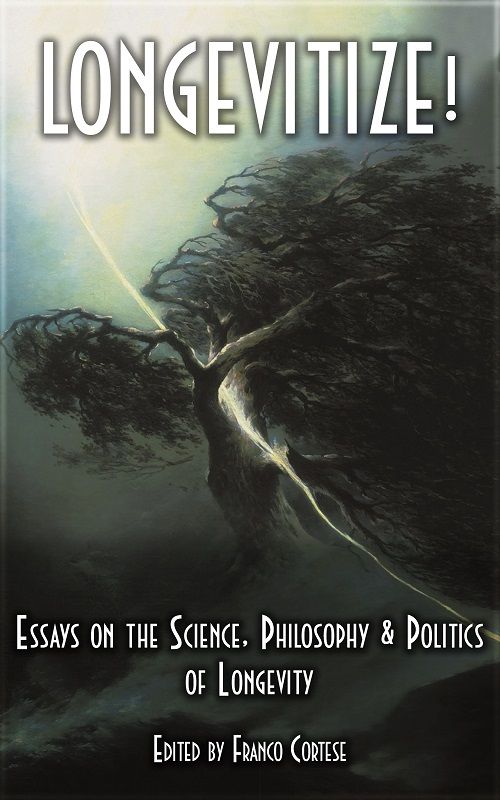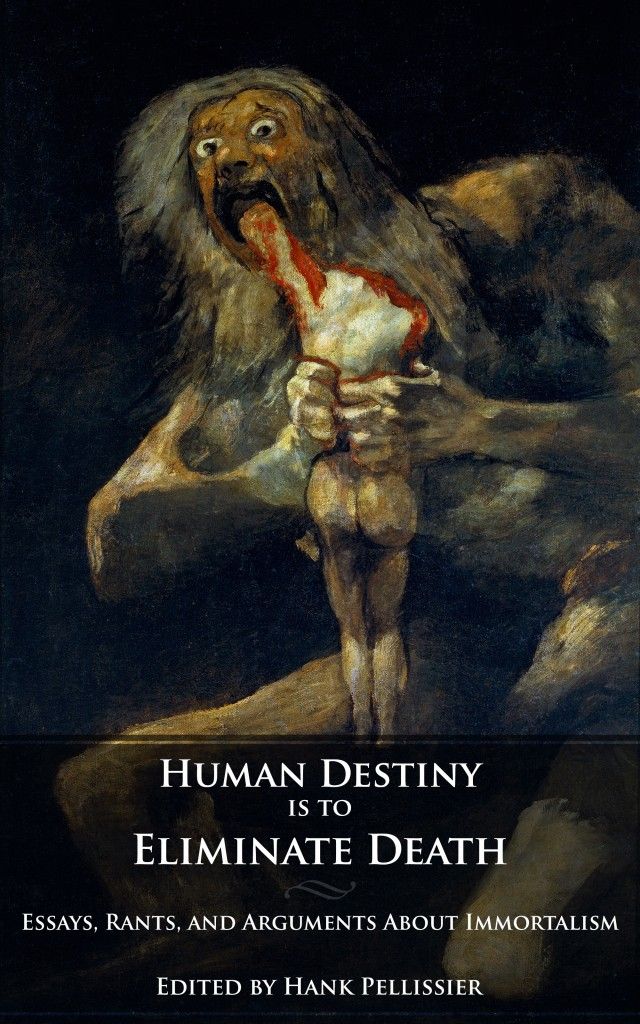Jul 14, 2015
The ‘Indispensable Soma’ theory of ageing
Posted by Marios Kyriazis in categories: evolution, health, life extension, science, transhumanism
OK. In scientific terms, it is only a ‘hypothesis’ — the reverse of the ‘Disposable Soma’ theory of ageing. Here how it goes.
For the past several decades, the Disposable Soma theory of ageing has been enjoying good publicity and a lively interest from both academics and the public alike. It stands up to scientific scrutiny, makes conceptual sense and fits well within an evolutionary framework of ageing. The theory basically suggests that, due to energy resource constraints, there is a trade-off between somatic cell and germ cell repair. As a result, germ cells are being repaired effectively and so the survival of the species is assured, at a cost of individual somatic (bodily) ageing and death. To put it very simply, we are disposable, we age and die because all the effective repair mechanisms have been diverted to our germ cell DNA in order to guarantee the survival of our species.
The theory accounts for many repair pathways and mechanisms converging upon the germ cell, and also for many of those mechanisms being driven away from somatic cell repair just to ensure germ cell survival. In the past two or three years however, it is increasingly being realised that this process is not unidirectional (from soma to germ), but it is bi-directional: under certain circumstances, somatic cells may initiate damage that affects germ cells, and also that germ cells may initiate repairs that benefit somatic cells!
I can’t even begin to describe how important this bi-directionality is. Taking this in a wider and more speculative sense, it is, in fact, the basis for the cure of ageing. The discovery that germ cells can (or are forced to) relinquish their repair priorities, and that resources can then be re-allocated for somatic repairs instead, means that we may be able to avoid age-related damage (because this would be repaired with greater fidelity) and, at the same time, avoid overpopulation (as our now damaged genetic material would be unsuitable for reproduction).
Continue reading “The ‘Indispensable Soma’ theory of ageing” »












